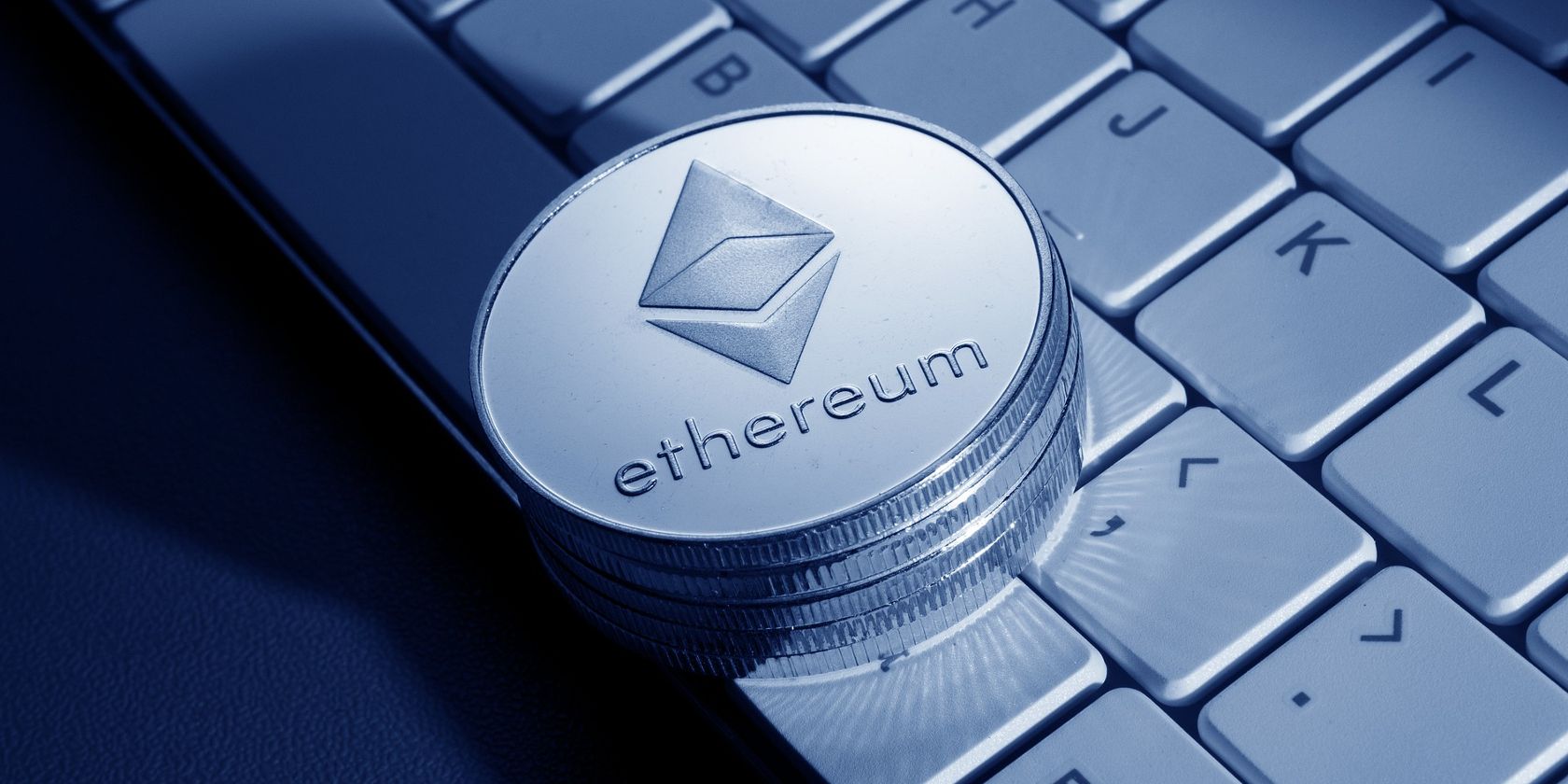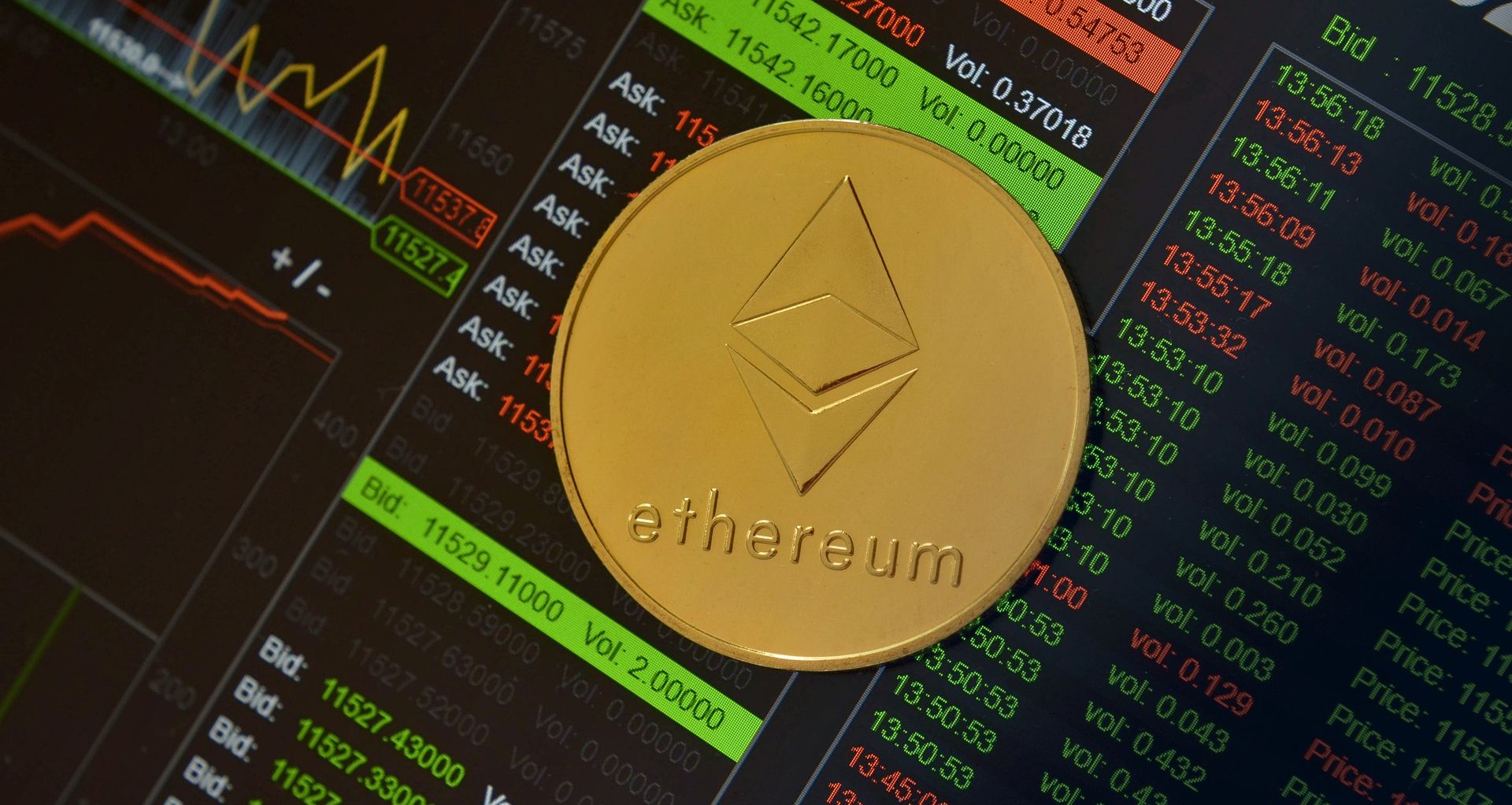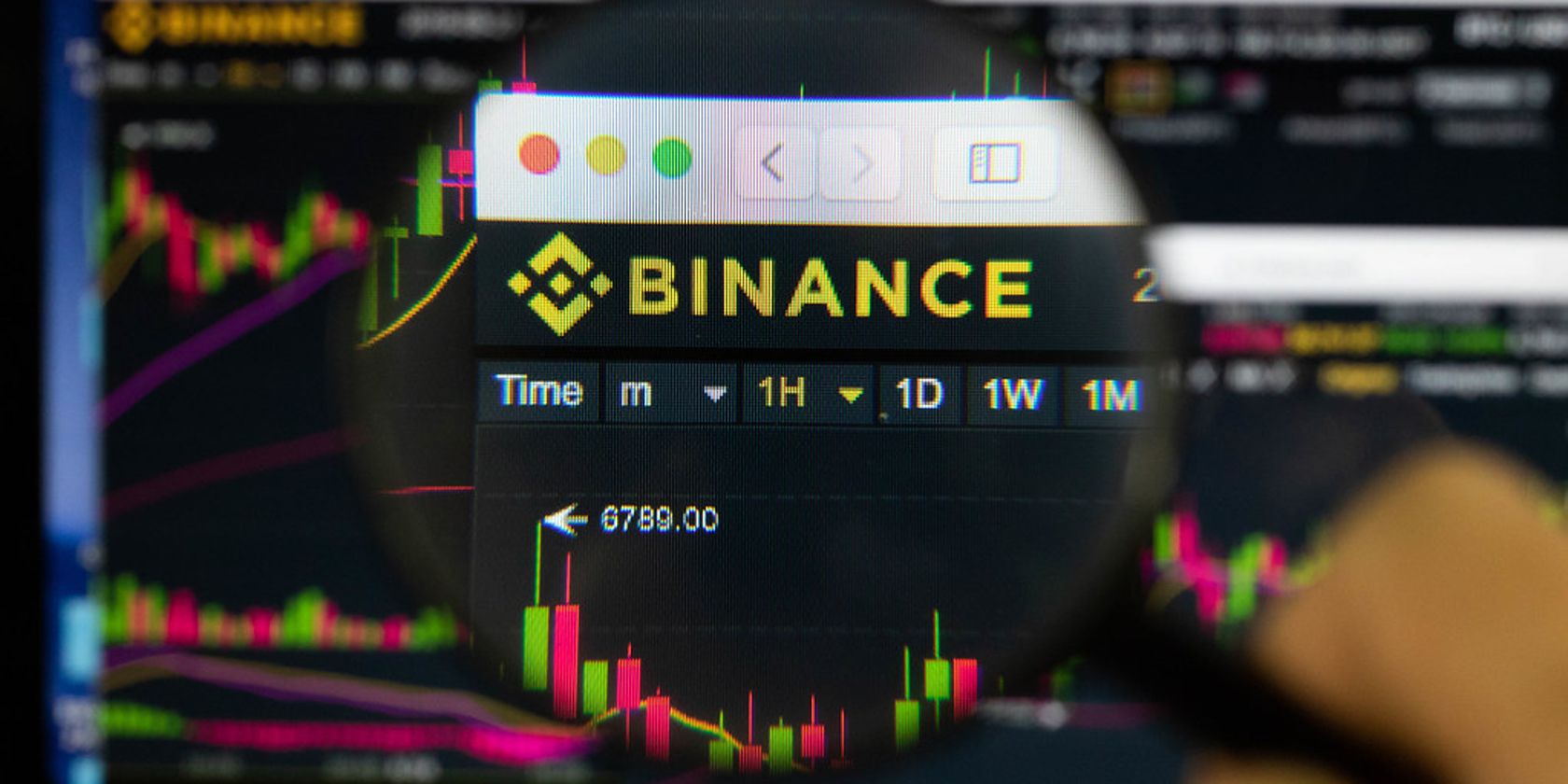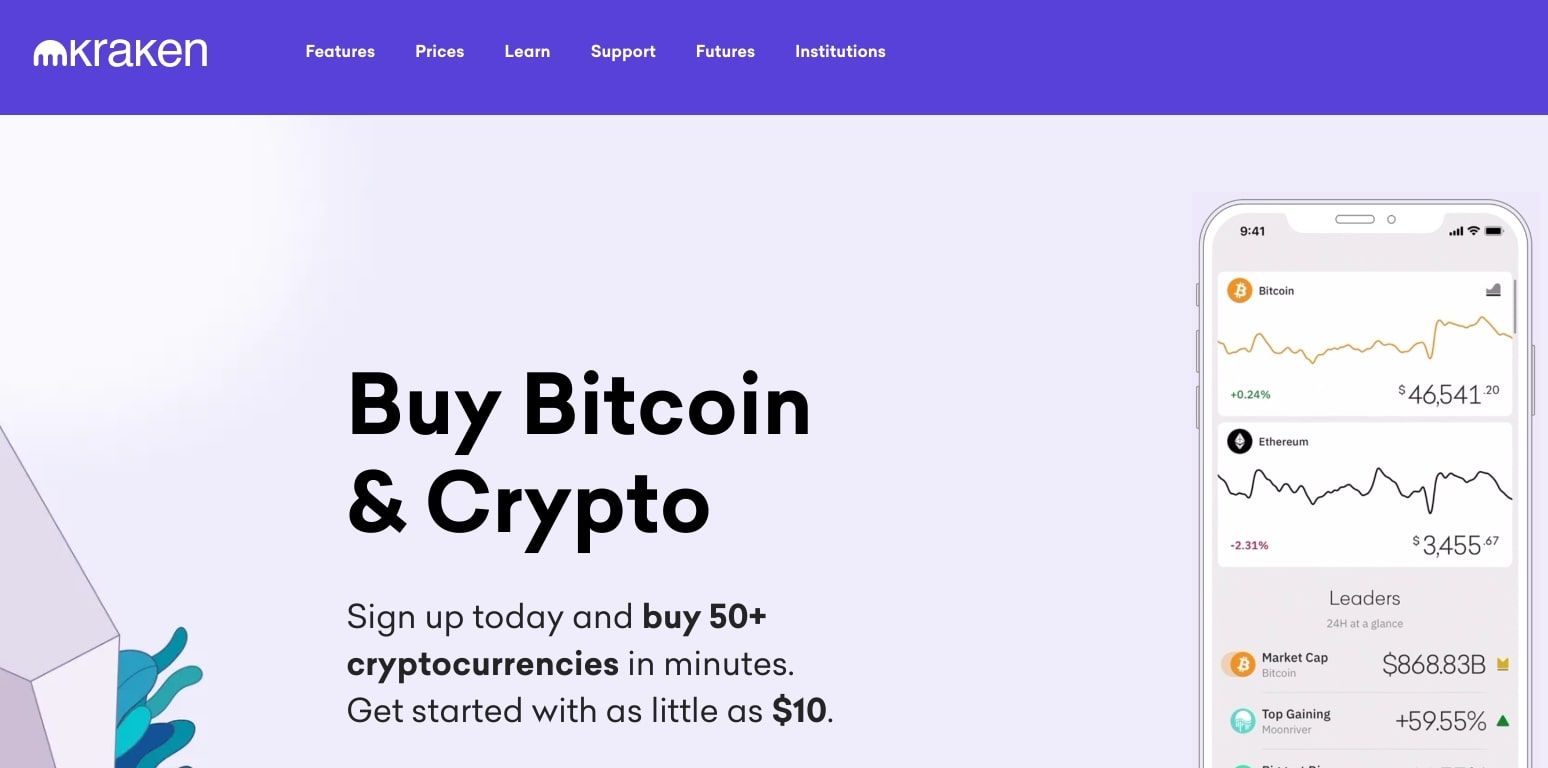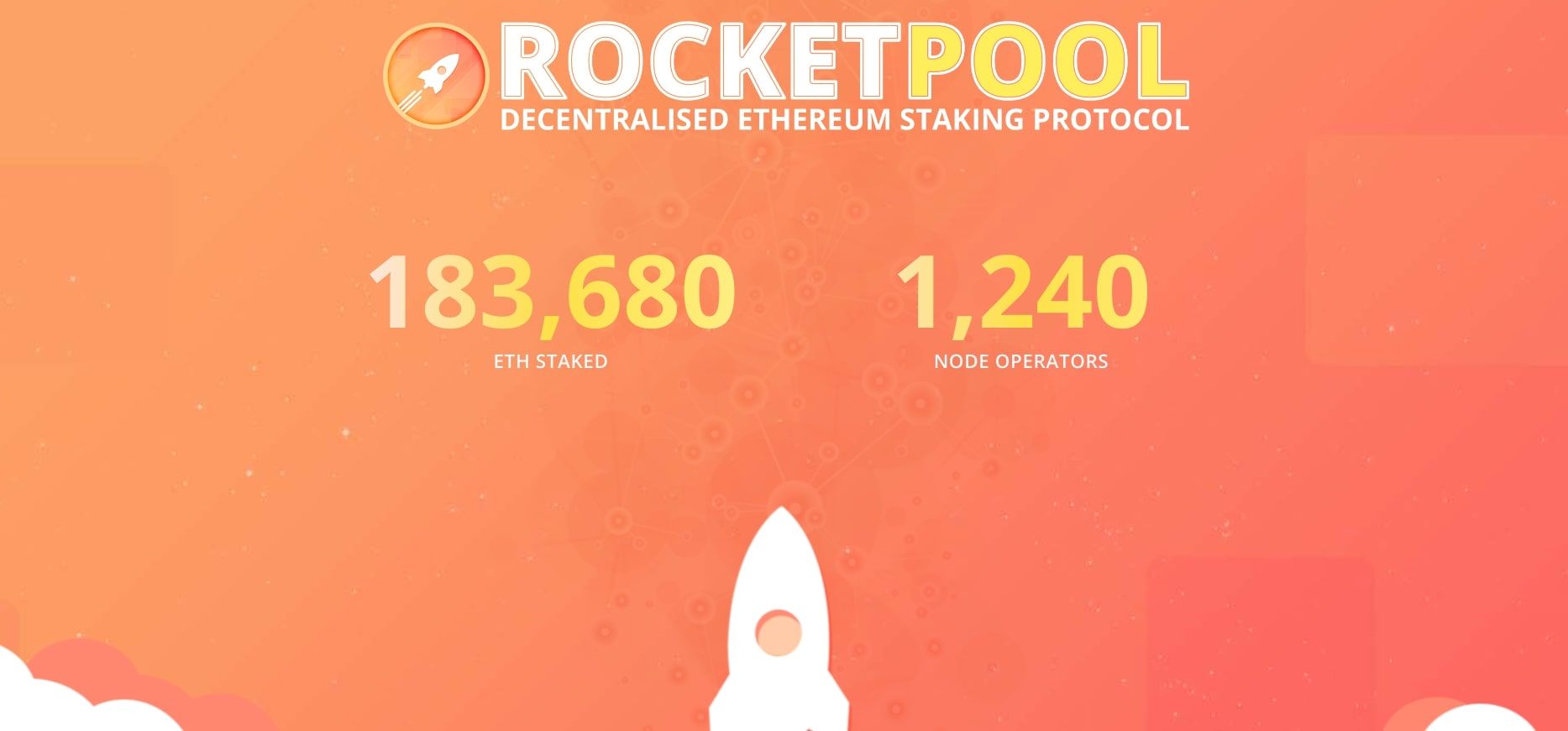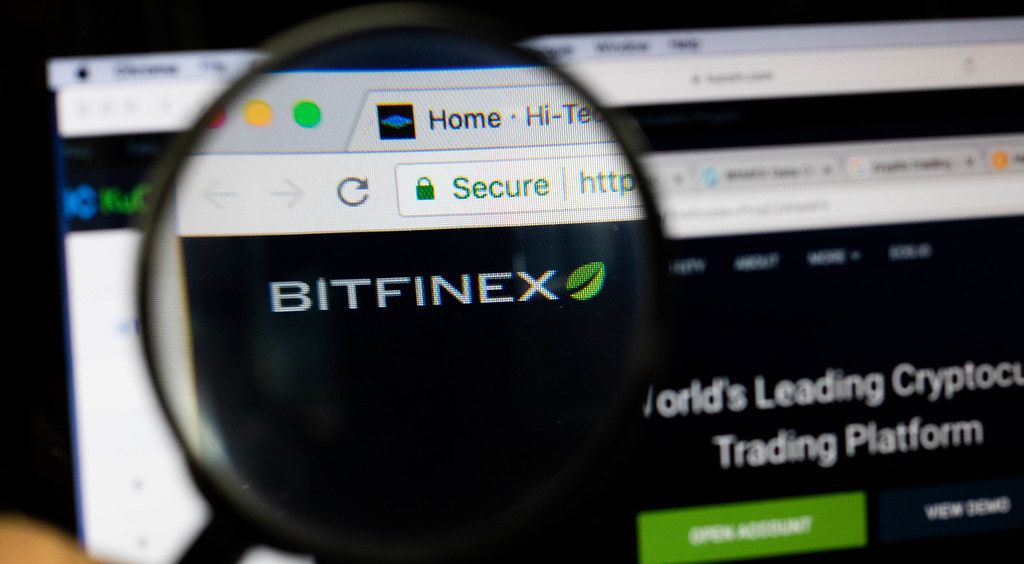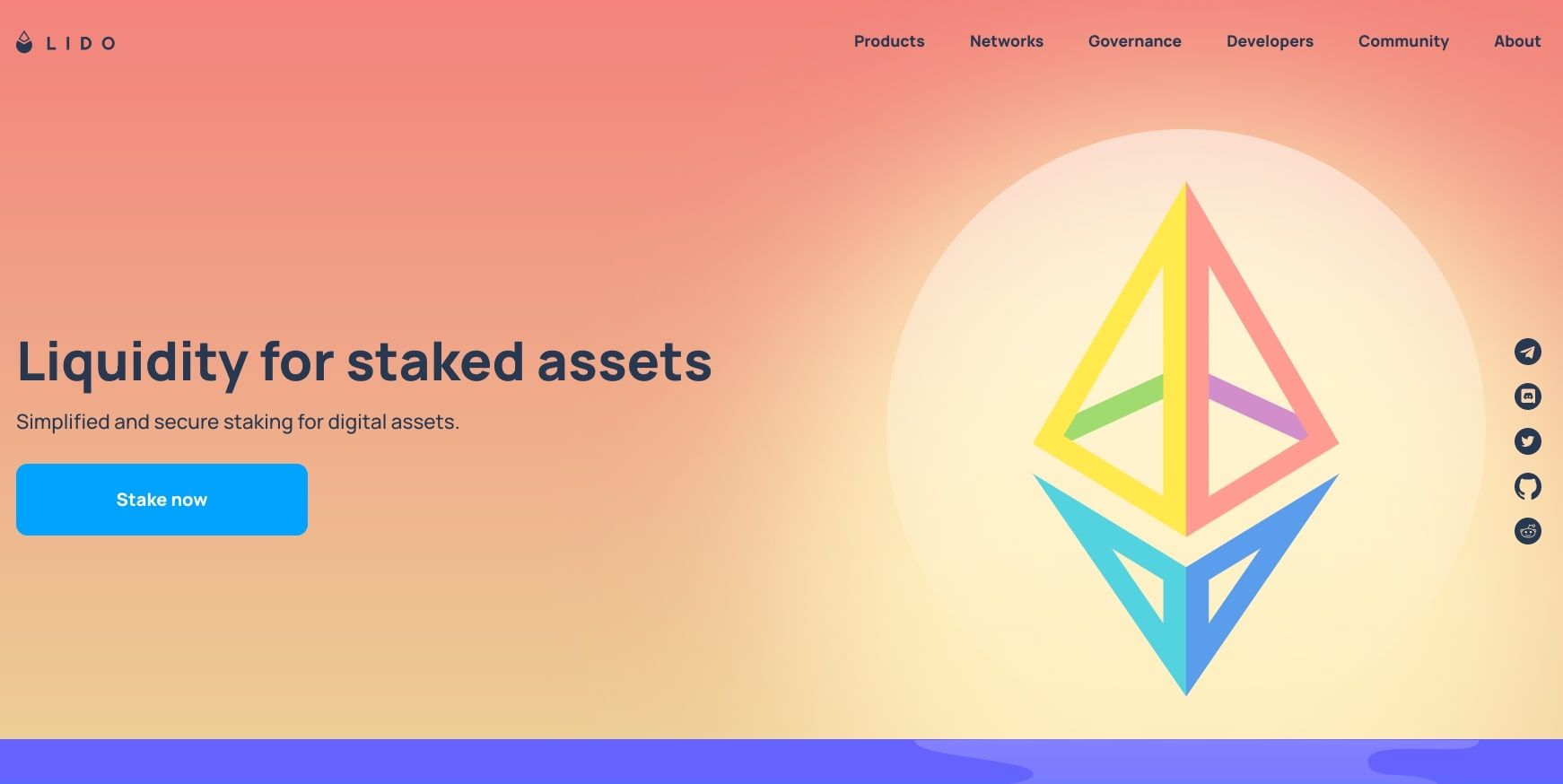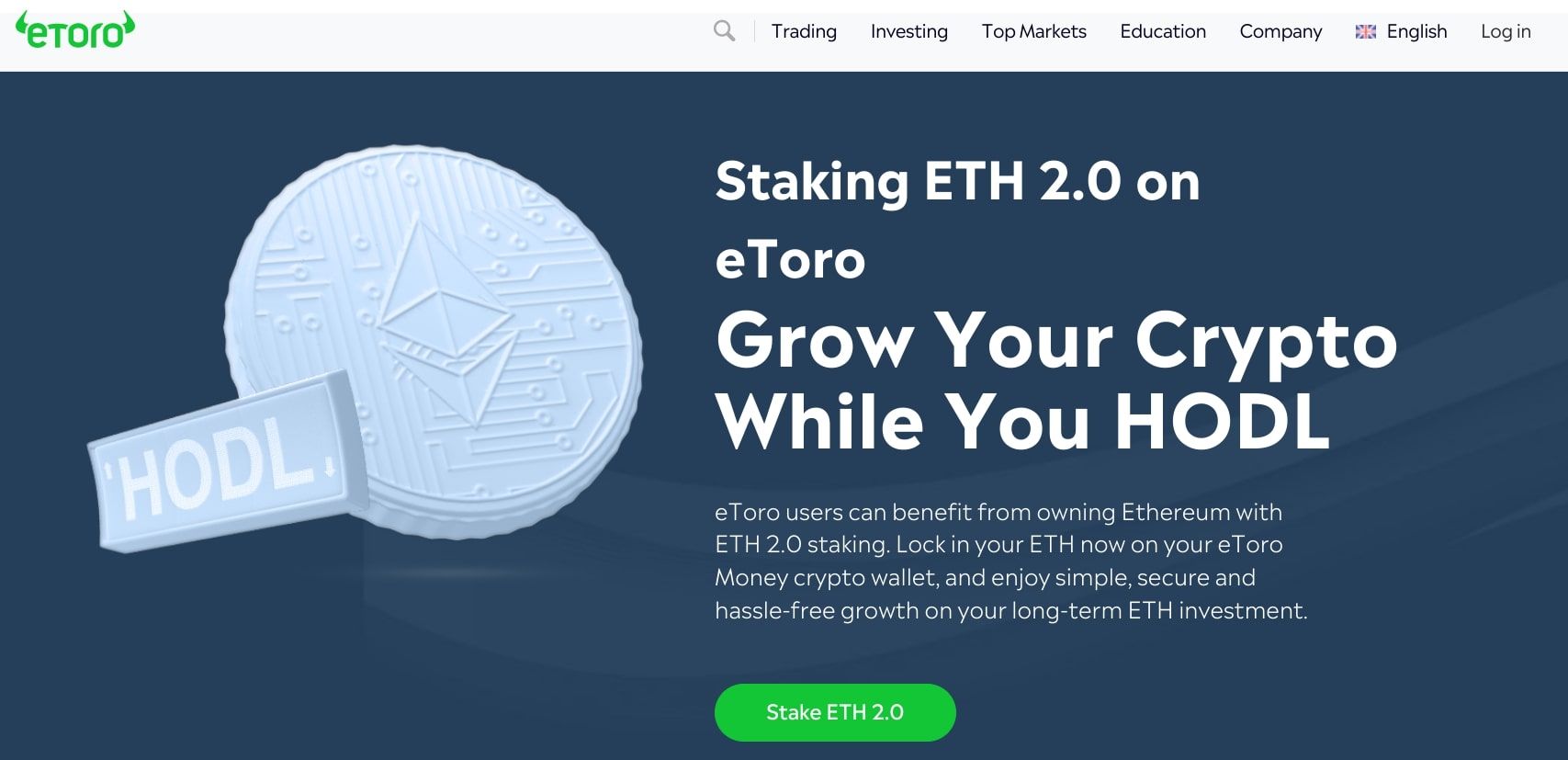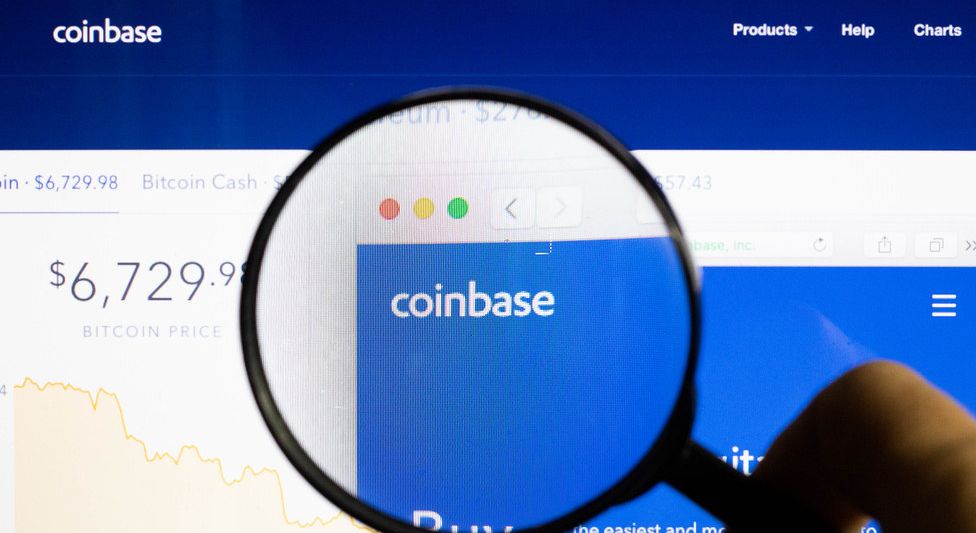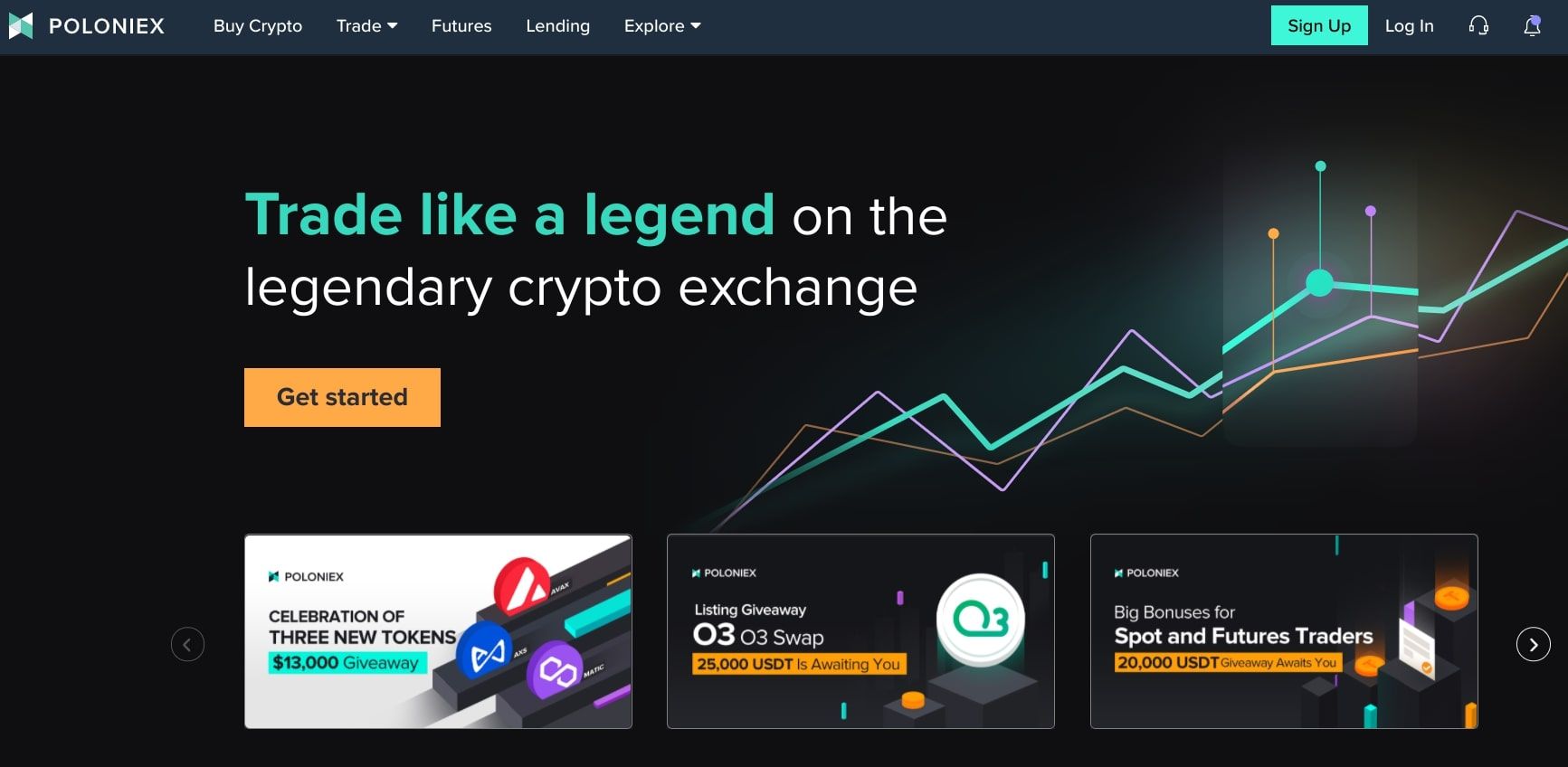Ethereum (also known as Ether) is one of the most popular and valuable coins in the current crypto market. However, while this currency is widely available to buy and sell, not every platform is great for staking it. There are also some terms and conditions surrounding staking that you should be aware of beforehand.
So, what should you know before staking Ethereum, and where can you stake your ETH?
Are There Any Requirements Needed to Stake Ethereum?
If you want to stake Ether and become an independent validator, you'll need to own 32 ETH, and you'll need to be prepared to have that ETH locked up for a specific period.
This is pretty much a constant across the crypto exchange industry and is sometimes referred to as the 32 ETH requirement. Though the price of Ether does fluctuate daily, 32 ETH is not an insignificant figure. On top of the 32 ETH requirement, validators also need sufficient storage space and RAM, too—250GB and 8 G.B., respectively.
But what's a validator, and do you need to be one to stake Ethereum?
The Ethereum blockchain operates using the Proof of Stake (PoS) consensus mechanism. This mechanism requires validators to verify and create new blocks, which increases the security of the blockchain overall. Validators are inherently crucial parts of the Ethereum blockchain and get paid rewards in return for their work.
However, if you simply want to stake ETH for a profit and you have no interest in becoming a validator, you can always join a staking pool. In a staking pool, you can combine a much smaller amount of ETH with other pool members to increase the chance of verifying a block and earning rewards. You can join a staking pool with a fraction of an ETH today, making staking far more accessible. Note that you'll also need to run an 'Eth1' or Mainnet client to do this.
Now that we've discussed the staking requirements for Ethereum, let's look at the best platforms for ETH staking.
1. Binance
Binance is a mammoth crypto exchange launched in 2017 by businessman Changpeng Zhao. You can trade over 500 coins on Binance's exchange platform, as well as stake a variety of different coins and tokens, including Ethereum.
Binance also mandates the 32 ETH requirement for independent validators, but you can stake ETH in a pool for just 0.1 ETH! Binance also offers a "Flexible Lock" option, meaning you can redeem your assets at any time instead of locking them for a fixed period. If you choose to redeem your assets, Binance ensures they'll be back in your "Spot" wallet (your exchange wallet) the next day.
Be aware that the Binance exchange tokenizes BETH (or Beacon ETH, a token of Binance's Beacon Chain) as the sole proof of your staked Ethereum in a 1:1 ratio (so 1 BETH = 1 ETH). But there are no staking fees at all, so you can reap the rewards of your work without any frustrating cuts.
2. Kraken
Kraken Exchange was founded in July 2011 and has since made its way among the top crypto exchanges out there. You can buy and sell a wide range of cryptocurrencies on this platform, as well as stake Ethereum.
Like Coinbase, you'll need at least 32 ETH to become a validator and stake independently on Kraken, but the platform offers the ability to join a staking pool with as little as 0.0001 ETH. This is currently worth just a fraction of a dollar, which makes Ethereum staking on Kraken far more doable for those working with a tighter budget.
Kraken charges a 15% fee for staking Ethereum. This is an administrative fee, not a commission, but it will be taken out of your reward earnings.
3. RocketPool
Rocket Pool is a hugely popular Ethereum staking protocol that you can use as an alternative to a decentralized exchange. With Rocket Pool, you can either stake Ethereum in a pool or stake independently while operating as a node. What's more, you don't need 32 ETH to stake independently on Rocket Pool. In fact, you only need 16 ETH, half of the typical requirement. But note that you'll still need to lock up your ETH in the staking process when you use Rocket Pool.
If you want to stake and run a node using Rocket Pool, you can currently earn a reward rate of up to 6.36% APR. If you want to stake without running a node, you can earn a reward rate of around 4.03% APR.
4. Bitfinex
The Bitfinex crypto exchange was founded in 2013 in Hong Kong by Giancarlo Devasini and Raphael Nicolle. It's now a top choice for buying and selling crypto around the world and is also a solid option for staking Ether for a number of reasons.
Firstly, there is no minimum requirement for ETH if you want to stake without being an independent validator. However, Bitfinex stands by the 32 ETH rule if you do want to become an official validator, so keep this in mind.
So, let's get to the fees. Well, there are none! Bitfinex does not take any sort of fee for staking, so you'll get exactly what you earned.
5. Lido
Unlike most of the other platforms listed here, Lido is not a cryptocurrency exchange. It's actually an Ethereum-based liquid staking platform (and also a decentralized autonomous organization, or DAO) that lets you stake any amount of Ethereum.
Lido uses staked ETH (stETH), an ERC20 token pegged to Ethereum, within its pools. This is given to users in the staking process to represent the Ethereum they have deposited. Lido currently offers an annual returns rate of 3.7% for Ethereum staking and charges a 10% fee, which is taken out of your earnings.
6. eToro
Though eToro began as a regular online trading platform, it has since adopted cryptocurrencies as tradable assets. On top of this, you can use eToro to stake Ethereum. Given that eToro is highly regulated and easy to use, it makes for a safe and straightforward staking option regardless of your crypto experience.
eToro uses a tiered system to distribute staking rewards to users (ranging from Bronze to Platinum+), so the amount you earn will depend on the tier you fall into. You can rise through the ranks by increasing your equity or invested funds. However, the general return rate for staking Ethereum on eToro ranges between 5-6.25%. eToro can also charge a staking fee of up to 25% for operational costs.
However, eToro Ethereum staking isn't available everywhere at the moment and, unfortunately, isn't yet available in the U.S. This may change in the future, but there's no knowing if or when that'll happen.
7. Coinbase
Coinbase is a crypto exchange launched in June of 2012 and began allowing users to stake in April of 2021. It's a hugely popular platform and now makes billions of dollars in annual revenue. But what makes it a good choice for staking Ethereum?
The great thing about Coinbase is that it has no ETH staking minimum if you stake in a pool (though you still need the 32 ETH minimum to become a validator). You can earn rewards in the form of Ethereum via these staking pools.
Now, for the downside. Coinbase takes a 25% commission on any rewards you earn via staking. You also can't stake on Coinbase if you live outside the U.S., which can be a limiting factor for many.
8. Poloniex
Poloniex is a well-established crypto exchange that was founded in 2014. Unlike most of the other platforms discussed here, Poloniex does not hold itself to the 32 ETH staking rule for validators, which opens the door for those who do not own large amounts of Ethereum.
Unfortunately, Poloniex charges a hefty 25% staking fee, which they take out of your earnings. So, if you don't want to take this kind of hit, consider exchanges that charge a lower fee—or none at all.
Staking Ethereum Can Be Profitable If Done Correctly
Staking Ethereum is a great way to earn rewards from your deposited funds, but it's important to know which platforms offer the best experience and benefits for users before putting up any of your precious assets. So, take a look at the above suggestions before selecting your final location for staking Ethereum.
Good luck!

